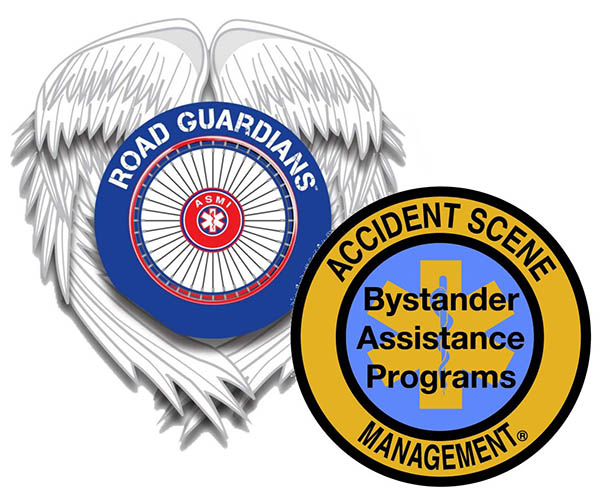Accident Scene Management / Road Guardians
Login |
(262) 706-3278
0
You have 0 items in your cart
333.20965 Immunity from liability.
Sec. 20965.
(1) Unless an act or omission is the result of gross negligence or willful misconduct, the acts or omissions of a medical first responder, emergency medical technician, emergency medical technician specialist, paramedic, medical director of a medical control authority or his or her designee, or, subject to subsection (5), an individual acting as a clinical preceptor of a department-approved education program sponsor while providing services to a patient outside a hospital, in a hospital before transferring patient care to hospital personnel, or in a clinical setting that are consistent with the individual’s licensure or additional training required by the medical control authority including, but not limited to, services described in subsection (2), or consistent with an approved procedure for that particular education program do not impose liability in the treatment of a patient on those individuals or any of the following persons:
(a) The authorizing physician or physician’s designee.
(b) The medical director and individuals serving on the governing board, advisory body, or committee of the medical control authority and an employee of the medical control authority.
(c) The person providing communications services or lawfully operating or utilizing supportive electronic communications devices.
(d) The life support agency or an officer, member of the staff, or other employee of the life support agency.
(e) The hospital or an officer, member of the staff, nurse, or other employee of the hospital.
(f) The authoritative governmental unit or units.
(g) Emergency personnel from outside the state.
(h) The education program medical director.
(i) The education program instructor-coordinator.
(j) The education program sponsor and education program sponsor advisory committee.
(k) The student of a department-approved education program who is participating in an education program-approved clinical setting.
(l) An instructor or other staff employed by or under contract to a department-approved education program for the purpose of providing training or instruction for the department-approved education program.
(m) The life support agency or an officer, member of the staff, or other employee of the life support agency providing the clinical setting described in subdivision (k).
(n) The hospital or an officer, member of the medical staff, or other employee of the hospital providing the clinical setting described in subdivision (k).
Automatic External Defibrillator:
House Bill 4420 (1999)
An individual who having no duty to do so in good faith voluntarily renders CPR to another individual is not liable in a civil action for damages resulting from an act or omission in rendering the CPR, except an act or omission that constitutes gross negligence or willful and wanton misconduct.
An individual who having no duty to do so in good faith voluntarily renders emergency services to another individual using an AED is not liable in a civil action for damages resulting from an act or omission in rendering the emergency services using the AED, except an act or omission that constitutes gross negligence or willful and wanton misconduct.
The following persons are not liable in a civil action for damages resulting from an act or omission of an individual rendering emergency services using an AED, except if the person’s actions constitute gross negligence or willful and wanton misconduct:
